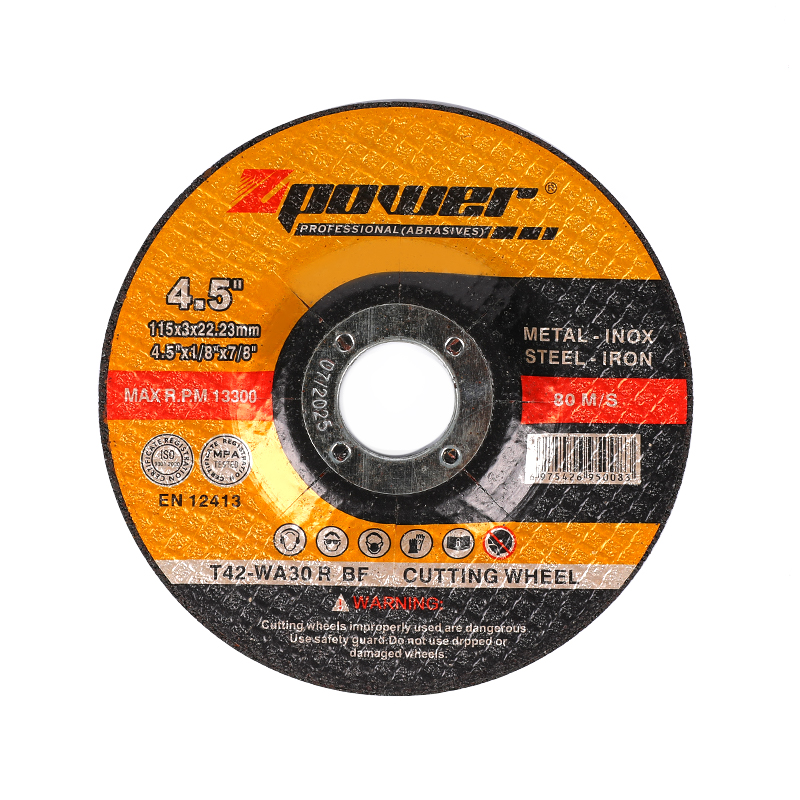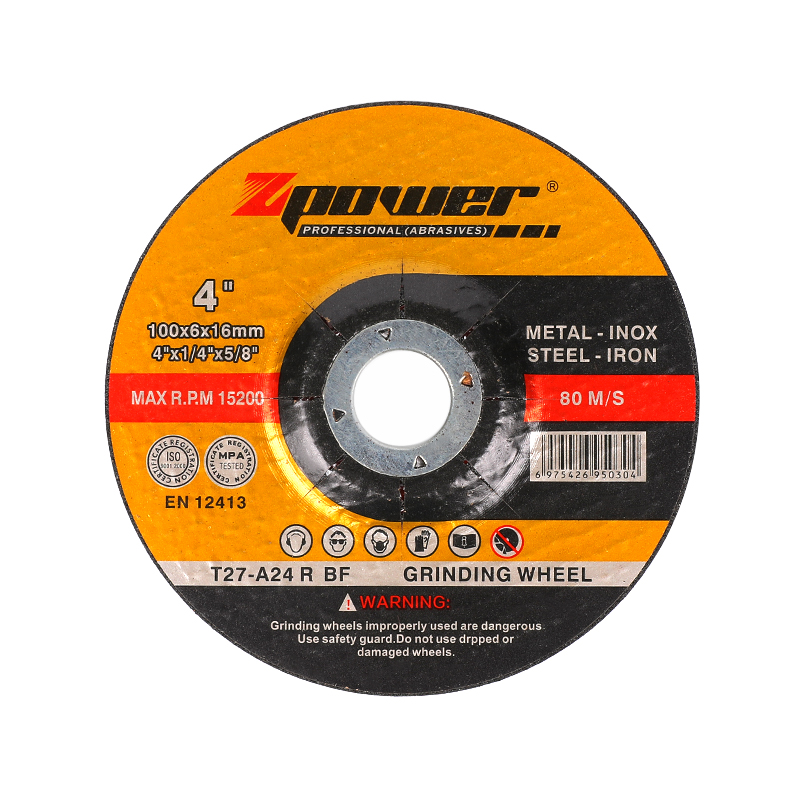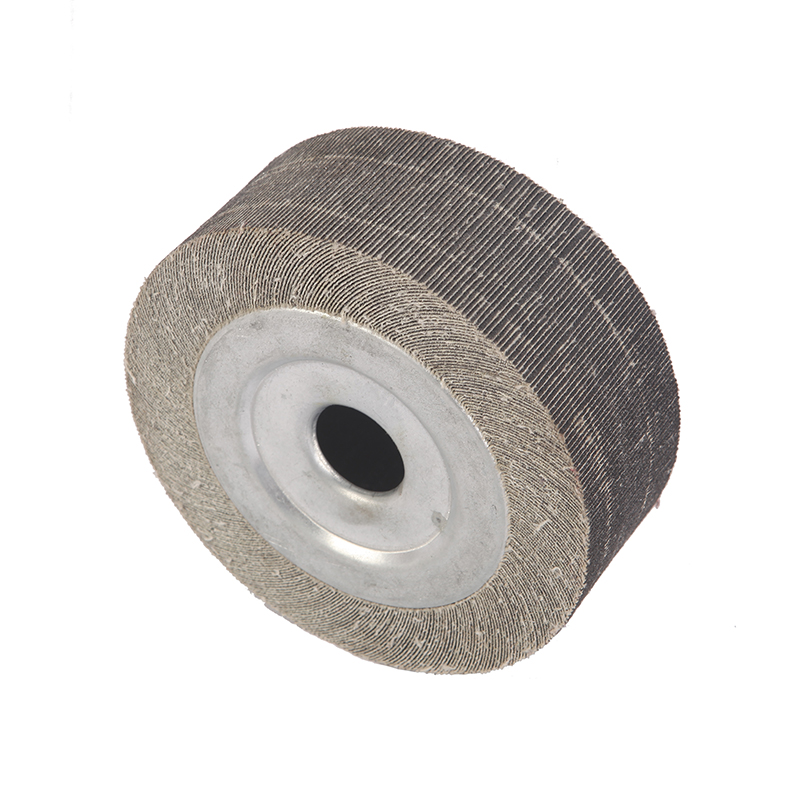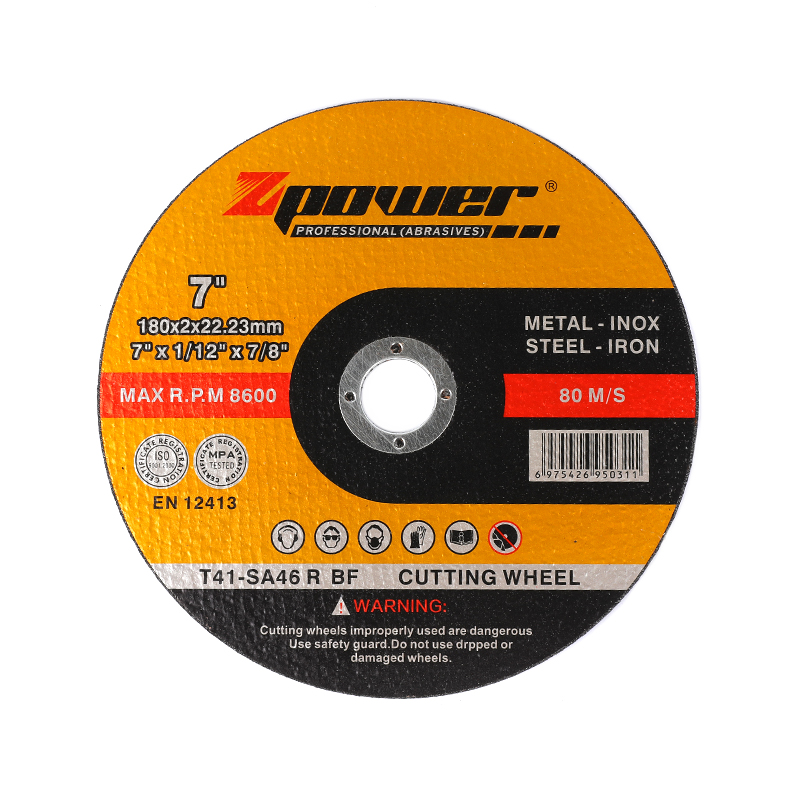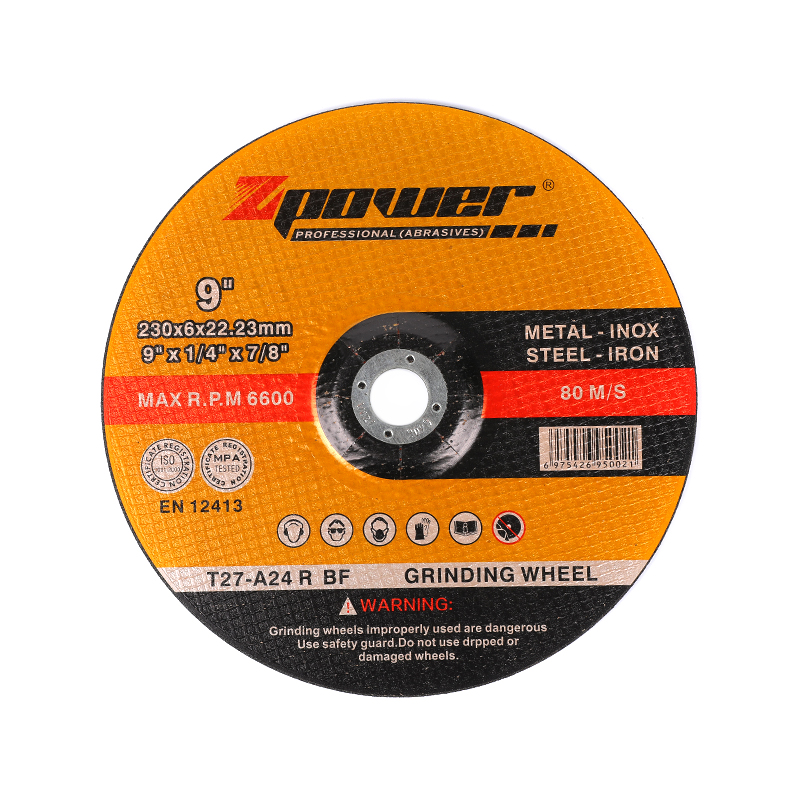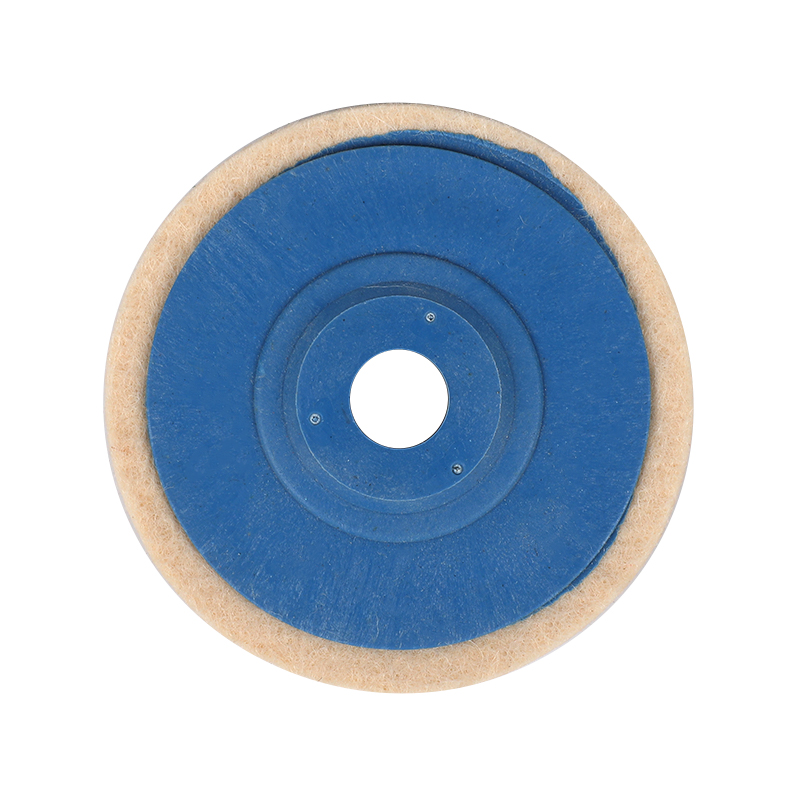How Are Custom Grinding Wheels Different from Standard Grinding Wheels for Metal?
 2025.07.04
2025.07.04
 Industry News
Industry News
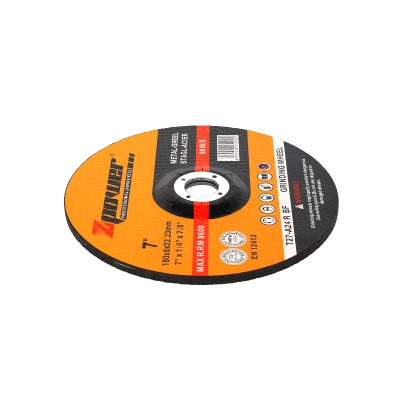
Grinding wheels are essential tools in various industries for shaping, sharpening, and finishing metal parts. While standard grinding wheels are widely used for general purposes, custom grinding wheels for metal offer tailored solutions that meet specific needs. These wheels are designed to provide better performance, longer lifespan, and more precise results compared to their standard counterparts.
Customization to Specific Applications
The primary difference between custom grinding wheels and standard grinding wheels is the level of customization. Custom grinding wheels for metal are specifically designed to meet the unique requirements of a particular job, material, or machine. These wheels can be tailored in terms of size, shape, bond type, abrasive material, and grit size. In contrast, standard grinding wheels are made to meet general-purpose needs and may not be as efficient when dealing with specific metals or intricate designs.
Improved Performance and Efficiency
Custom grinding wheels for metal are built with the user’s specific needs in mind, which means they can provide better performance in certain conditions. Whether you need faster stock removal, a finer finish, or greater precision, a custom wheel can be designed to achieve the desired results. For example, a custom grinding wheel can be engineered to have a specific grit size or bond material that works better with particular metals or alloys.
Material Compatibility
Custom grinding wheels are designed to optimize their compatibility with specific types of metal. Custom grinding wheels for metal can be engineered to work effectively with the exact material being processed. In contrast, standard grinding wheels are designed to be somewhat versatile but may not provide the same level of performance when used with harder metals or materials that require more specialized treatment.
Longer Lifespan and Cost Efficiency
While custom grinding wheels for metal often come with a higher upfront cost compared to standard wheels, they can be more cost-effective in the long run. Since these wheels are designed to last longer and perform better in specific applications, businesses can see a reduction in tool wear, downtime, and the need for frequent replacements. Custom grinding wheels can be built to withstand the demands of tougher materials and higher workloads, which increases their longevity. Standard grinding wheels, on the other hand, may wear out more quickly when used for specialized tasks or with specific metals, leading to increased maintenance costs over time.
Precision and Consistency
Custom grinding wheels can be engineered to provide more consistent results, especially in precision grinding applications. These wheels can be designed with specific tolerances to ensure that the grinding process remains uniform, resulting in a more accurate and smooth finish on metal parts. This level of precision is particularly important in industries like aerospace, automotive, and medical device manufacturing, where even slight variations in surface finish can have significant consequences. Standard grinding wheels may not offer the same level of precision and may require adjustments or additional steps to achieve the desired results.
Custom grinding wheels for metal offer significant advantages over standard grinding wheels, including better performance, material compatibility, and precision. They are designed to meet the specific needs of a given application, improving efficiency and providing longer-lasting results. While standard grinding wheels are versatile and cost-effective for general purposes, custom wheels are a better option for more specialized tasks, where performance, durability, and precision are key. By choosing custom grinding wheels, businesses can optimize their operations and achieve higher-quality results, making them a valuable investment in industries that rely on high-performance metalworking.

 Eng
Eng  عربى
عربى
